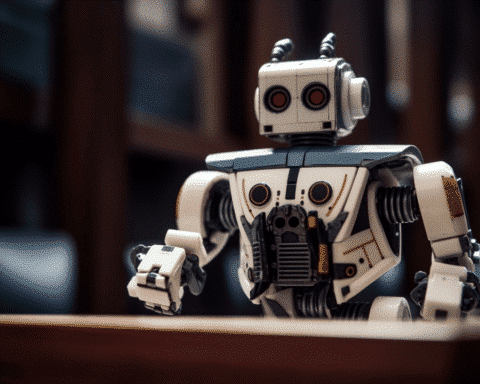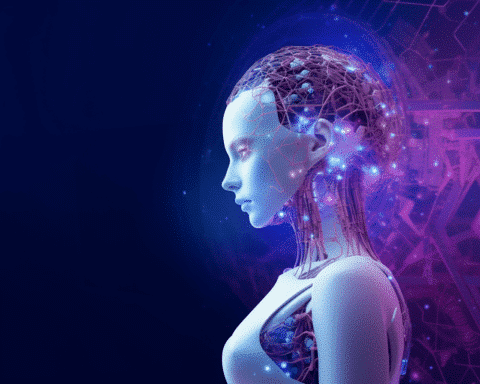As the educational landscape evolves with technology, colleges and universities are facing a new challenge: the proliferation of cheating through AI-powered chatbots.
These tools, initially designed to assist in learning, have now become the preferred method for dishonest students to sidestep academic integrity. Educators are swiftly redefining their teaching approaches and assessment strategies to outsmart this cheating epidemic.
Rethinking Assessment Strategies
Instructors across the globe are grappling with the sudden surge in AI-enabled cheating incidents. Professors are now reconsidering their reliance on digital exams and opting for traditional paper-based tests to counteract the misuse of chatbots.
The shift back to handwritten exams is driven by the need to prevent students from leveraging AI for quick answers and promote genuine understanding of the material.
Struggles with Detection and False Accusations
While educators are determined to combat cheating, they are encountering challenges in accurately detecting AI-generated content. The reliability of AI detectors remains a concern, with instances of false positives and negatives.
Educators have also highlighted the difficulty of distinguishing between legitimate AI-assisted work and instances of dishonesty, leading to unjust accusations in some cases.
Overhauling Curriculum and Rules
To tackle this issue head-on, universities are revamping their academic policies and course content. Michigan State University, for instance, is empowering faculty members with pre-formulated statements to explicitly define rules against AI cheating in their syllabi.
Educators are reshaping assignments to emphasize critical thinking and personal experiences, reducing the appeal of using chatbots to complete tasks.
Impact on Study Habits and Learning Styles
AI’s infiltration into education has transformed students’ study habits and information-seeking behavior. Online platforms like Chegg have witnessed a decline in usage due to students flocking to AI chatbots for free assistance. Concerns arise over the detrimental effects of shortcuts on students’ skill development and their ability to tackle higher-level coursework.
Navigating the Future of Education in the AI Era
The collision between education and AI technology has exposed both opportunities and pitfalls. While AI chatbots hold immense potential for enhancing learning experiences, they have inadvertently given rise to a wave of academic dishonesty.
Universities and colleges are at a crossroads, navigating the complex terrain of technology’s influence on education. As educators continue to refine their methods to “ChatGPT-proof” assignments, the true test lies in striking a balance between harnessing AI for education and preserving the integrity of learning processes.


